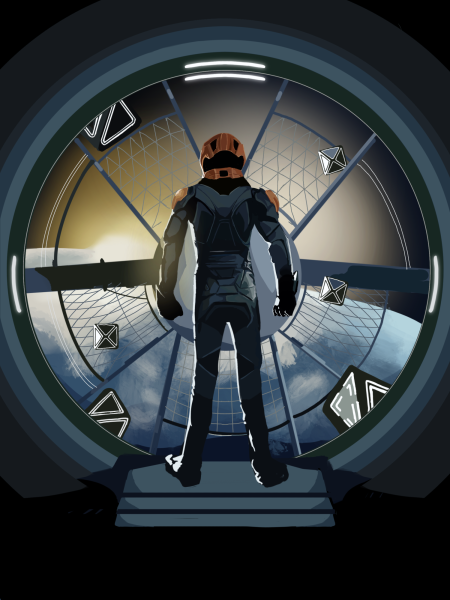
When coming into “Ender’s Game,” I expected a rich dystopian fiction, with complex and compelling characters. My friends and those trusty GoodReads reviewers all spoke highly of the book, even going so far as to say it was one of the best science fictions of all time.
However, after reading the first few chapters, I started to notice problems that I had not heard mentioned in the reviews. The writing was subpar: a significant amount of telling instead of showing. The supposedly lovable main character seemed like the male version of a Mary Sue, a female character who lacks flaws. Perhaps the most glaring issue I found with “Ender’s Game” was its bigoted author and disdain towards women. These drawbacks persisted throughout the book, making it difficult for me to enjoy.
“Ender’s Game” tells the story of incredibly intelligent Andrew “Ender” Wiggins. The book is set in a future where humans battle with an alien insect species which has invaded Earth twice before the story begins. Ender is recruited into an international military academy, “Battle School”, due to his intellect. There, he meets other intelligent children, and they participate in battle simulations to grow their military skill.
The narration, done by Ender, sometimes lacks subtlety. In one passage, while traveling to Battle School, Ender feels disoriented and afraid, which the author explicitly states through the narration instead of letting the reader deduce his feelings through indirect clues.
Moreover, the almost clinical assessments of Ender’s emotions seem jarring when taking into account his age. Ender is so incredibly young that his matter-of-fact narration is absurd. Although he is a genius, he is still 6-years-old at the beginning of the book and approximately 10 at the end. While young children can be extremely smart, they lack life experience, so Ender’s rationality does not make sense.
There are countless situations where Ender’s voice is unrealistically mature, like when he talks to Colonel Graff, one of the recruiters for the international military force. During the conversation, Ender begins to become emotional at the thought of leaving his parents.
“Tears came to Ender’s eyes, in spite of himself. He turned his face away, but would not reach up to wipe them.”
I find it ridiculous that a child as young as 6 has the capacity to feel embarrassed for crying, especially since he’s about to leave his parents. If he were a few years older, even just 10, much of his maturity could be ascribed to his intellect, but since he is so young, it feels unrealistic.
In general, Ender seems like a perfect character instead of a real person. He is intellectually superior to everyone around him, and he can see right through people’s words, making him an uncompelling character to read about. Although he faces some initial bullying, he is not strongly affected by his classmates’ words because he is so much smarter than them.
All of these issues made “Ender’s Game” an irritating read for me, but I could still understand how people would like it. The storyline was quite interesting, especially at the beginning of the book. The premise of the book was unique, and the plot was well paced, which is why I got through so much of it. What cemented my dislike of “Ender’s Game” was its author.
Women often suffer a lower self esteem than men. Literature and media in general greatly influence people’s minds, and in today’s age where everything is more accessible, they have a larger impact than ever before
Orson Scott Card, the author of “Ender’s Game”, proves that he is a bigot through his other works. In one essay, he asserts that homosexuality is a sinful practice and opposes gay marriage. He is politically conservative, and in an interview with Ben Shapiro, he claims that he is being unfairly prosecuted for his political stance. While the book does not mention these views, other conservative ideas bleed into the text.
When Colonel Graff is speaking to Ender, he informs him that the vast majority of students at the military academy are boys because girls apparently have “many centuries of evolution [working] against them” to be able to pass the tests. Ender’s sister, while intelligent, is “too mild” and feminine to be recruited. The one female character of any importance that attends the academy is “like a boy.” If Card wanted to write about boys, he did not need to belittle women’s intelligence to do so. He could have easily made the academy exclusively for boys, and the story would have changed minimally.
While it may not seem like a big issue, even these throwaway lines contribute to a harmful culture where women think they are less capable than they actually are. Women often suffer a lower self esteem than men. Literature and media in general greatly influence people’s minds, and in today’s age where everything is more accessible, they have a larger impact than ever before.
Numerous trends have spread from literature to real life through social media, such as the “Not Like Other Girls” trend in the 2010s where people would bash stereotypical ideas of femininity and claim that being “different” was more desirable. The trend was based on influential books where the main character was seen as special compared to “normal” girls, and people on social media who related to these characters popularized it. If a book that is as critically acclaimed as “Ender’s Game” spreads damaging ideas about women’s intelligence, these outdated belief systems are also likely to be perpetuated because of the media, similar to the “Not Like Other Girls” trend.
“Ender’s Game” is a well loved book, but it lacks strong writing. Its unrealistic protagonist and sexist undertones created an unenjoyable, self-righteous read for me. Recognizing and speaking against the harm that both the book and the author cause can prevent future books from continuing a cycle of prejudice.
































![Setter Emma Lee (9) sets the ball to the middle during the match against Pinewood on Sept. 12. “[I’m looking forward to] getting more skilled, learning more about my position and also becoming better friends with all of my teammates, Emma said.](https://harkeraquila.com/wp-content/uploads/2023/09/DSC_4917-2-1200x795.jpg)


































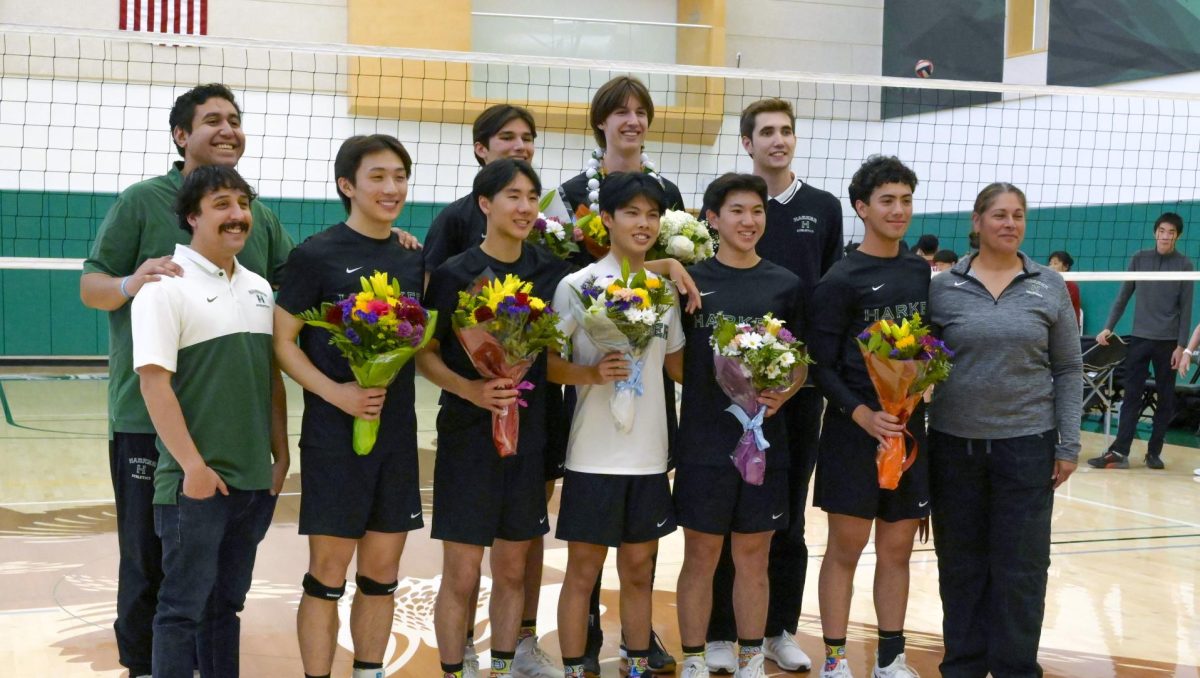



































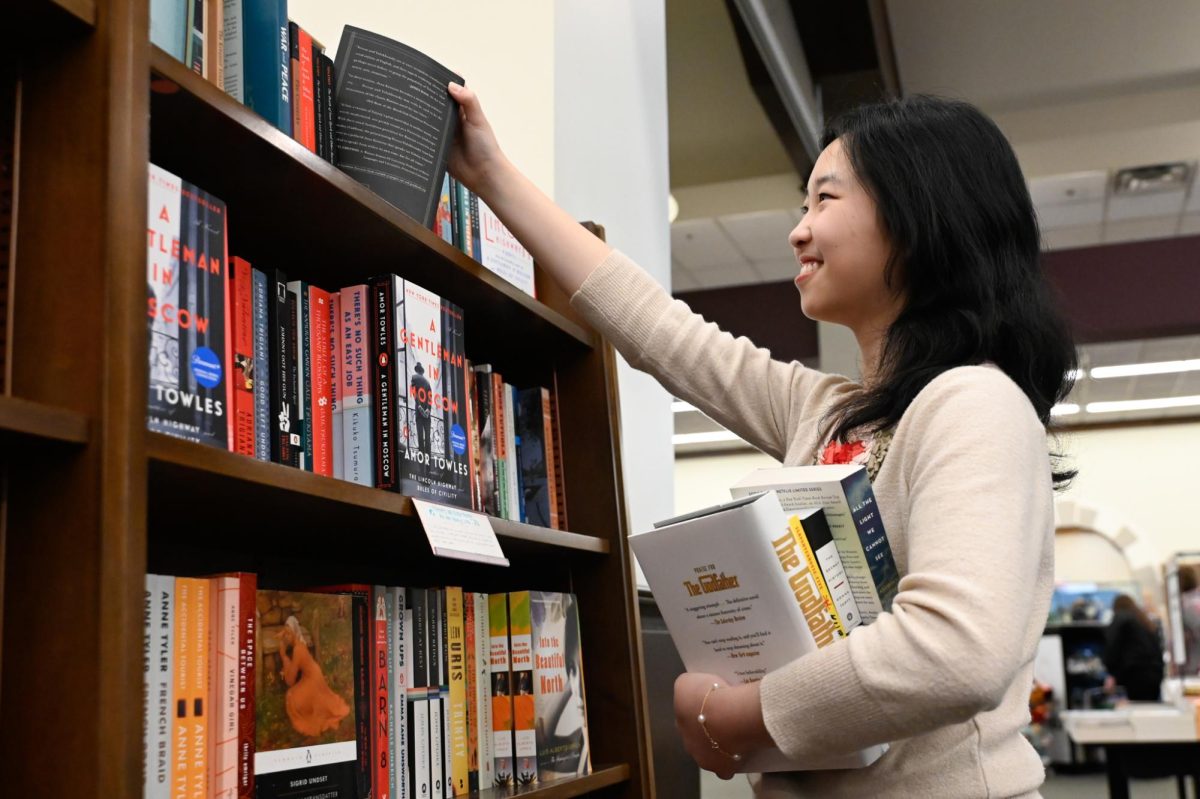








![“[Building nerf blasters] became this outlet of creativity for me that hasnt been matched by anything else. The process [of] making a build complete to your desire is such a painstakingly difficult process, but Ive had to learn from [the skills needed from] soldering to proper painting. Theres so many different options for everything, if you think about it, it exists. The best part is [that] if it doesnt exist, you can build it yourself, Ishaan Parate said.](https://harkeraquila.com/wp-content/uploads/2022/08/DSC_8149-900x604.jpg)


![“Animation just clicked in a way. I had been interested in art, but that felt different. [Animation] felt like it had something behind it, whereas previous things felt surface level. I wasnt making that crazy of things, but just the process of doing it was much more enjoyable, Carter Chadwick (22) said.](https://harkeraquila.com/wp-content/uploads/2022/08/Screen-Shot-2022-08-16-at-9.44.08-AM-900x598.png)


![“When I came into high school, I was ready to be a follower. But DECA was a game changer for me. It helped me overcome my fear of public speaking, and its played such a major role in who Ive become today. To be able to successfully lead a chapter of 150 students, an officer team and be one of the upperclassmen I once really admired is something Im [really] proud of,” Anvitha Tummala (21) said.](https://harkeraquila.com/wp-content/uploads/2021/07/Screen-Shot-2021-07-25-at-9.50.05-AM-900x594.png)



![“[Volleyball has] taught me how to fall correctly, and another thing it taught is that you don’t have to be the best at something to be good at it. If you just hit the ball in a smart way, then it still scores points and you’re good at it. You could be a background player and still make a much bigger impact on the team than you would think,” Anya Gert (’20) said.](https://harkeraquila.com/wp-content/uploads/2020/06/AnnaGert_JinTuan_HoHPhotoEdited-600x900.jpeg)

![“Im not nearly there yet, but [my confidence has] definitely been getting better since I was pretty shy and timid coming into Harker my freshman year. I know that theres a lot of people that are really confident in what they do, and I really admire them. Everyones so driven and that has really pushed me to kind of try to find my own place in high school and be more confident,” Alyssa Huang (’20) said.](https://harkeraquila.com/wp-content/uploads/2020/06/AlyssaHuang_EmilyChen_HoHPhoto-900x749.jpeg)













![“My slogan is ‘slow feet, don’t eat, and I’m hungry.’ You need to run fast to get where you are–you arent going to get those championships if you arent fast,” Angel Cervantes (12) said. “I want to do well in school on my tests and in track and win championships for my team. I live by that, [and] I can do that anywhere: in the classroom or on the field.”](https://harkeraquila.com/wp-content/uploads/2018/06/DSC5146-900x601.jpg)

![“I think getting up in the morning and having a sense of purpose [is exciting]. I think without a certain amount of drive, life is kind of obsolete and mundane, and I think having that every single day is what makes each day unique and kind of makes life exciting,” Neymika Jain (12) said.](https://harkeraquila.com/wp-content/uploads/2017/06/Screen-Shot-2017-06-03-at-4.54.16-PM.png)





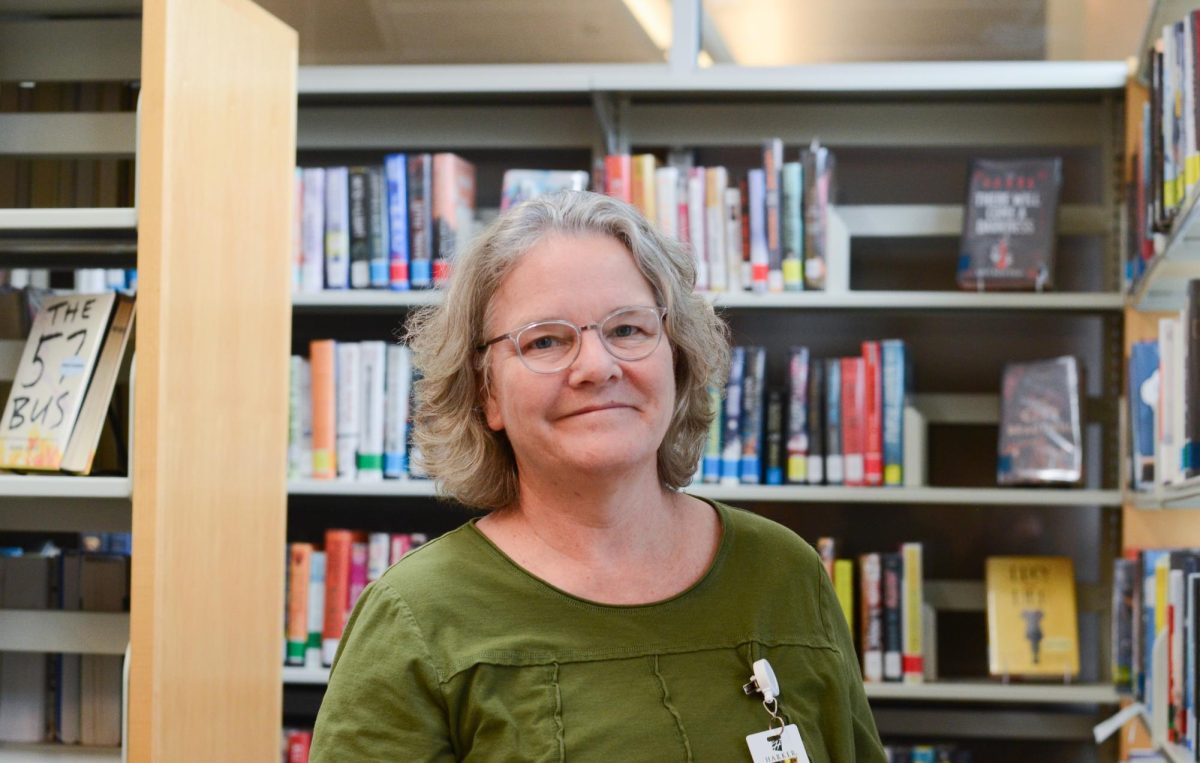


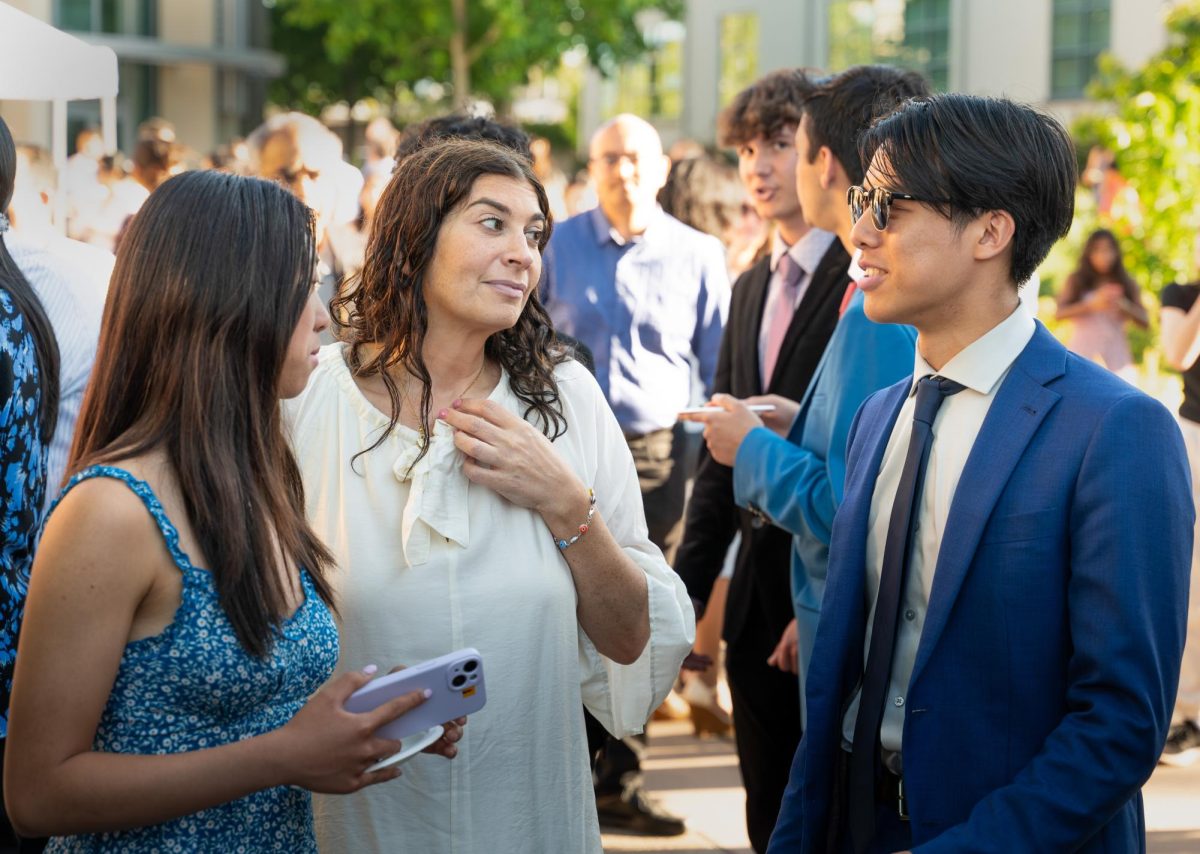
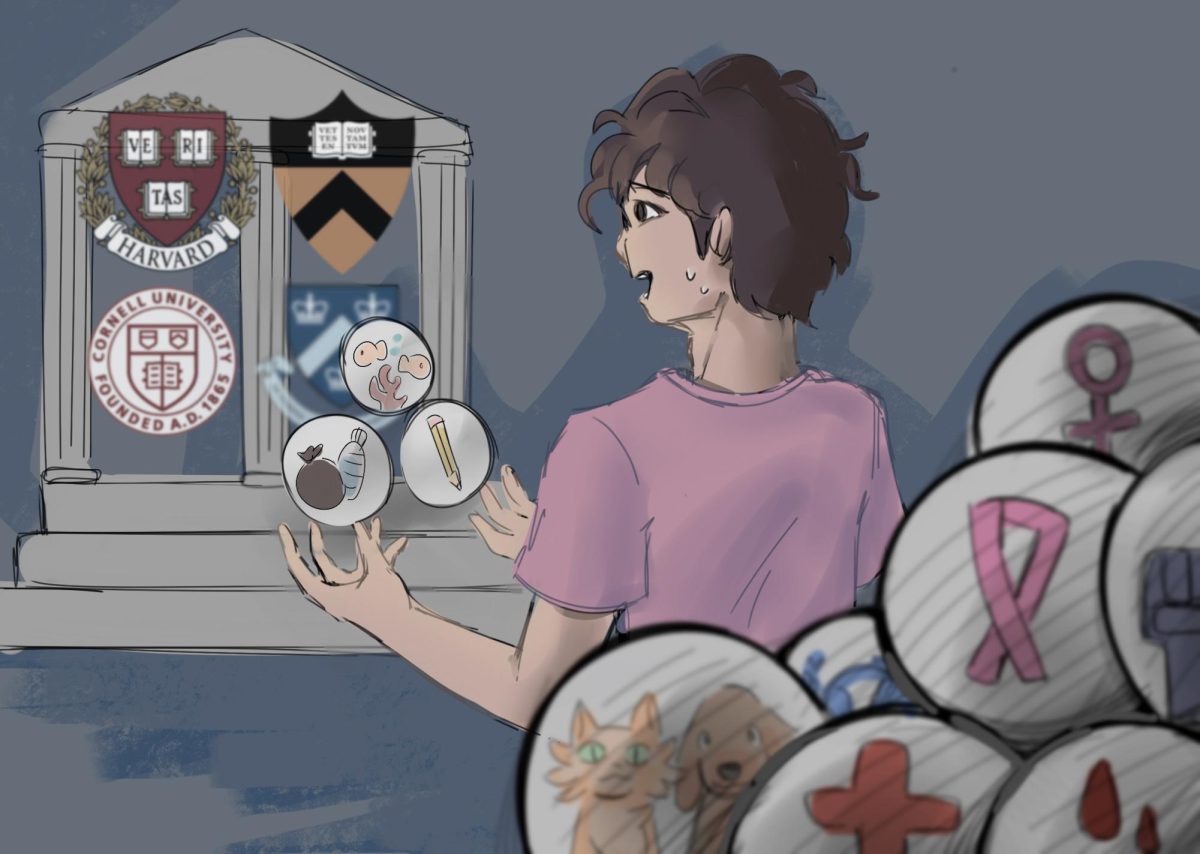





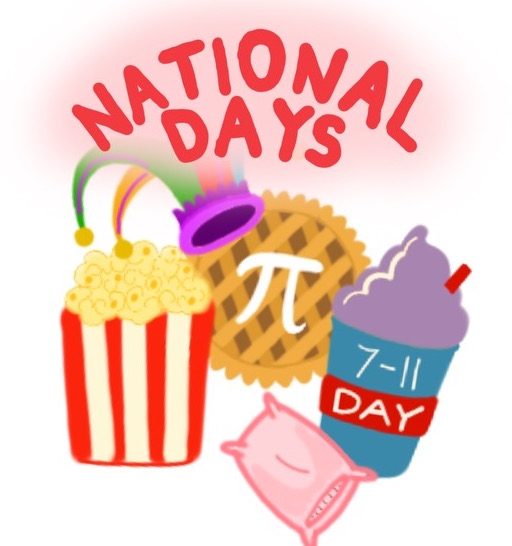
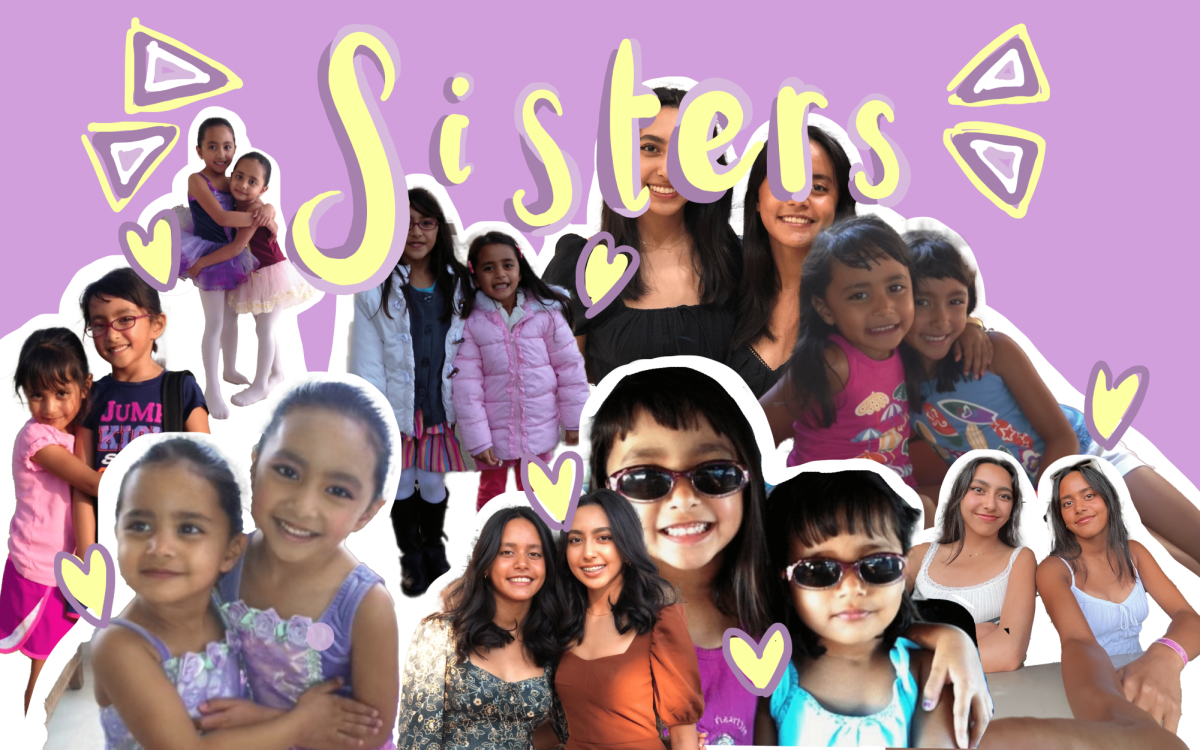




Will Gonsior • Dec 5, 2023 at 2:55 pm
Pros: thoughtful analysis as well as the firm critique of the sexism present in the story
Cons: denouncing a Mormon for saying that homosexual relations are not compatible with LDS faith, (as someone outside the LDS church, I wouldn’t be the best person to ask, but it seems to me that he’s probably right) and implying that sexism is “conservative.” Sure, people who view homosexuality as a sin are more likely to be homophobic, and conservatives are quite possibly more likely to be sexist. But association is not the same as bigotry.
Thank you for the review, it’s very insightful and well-thought-out!